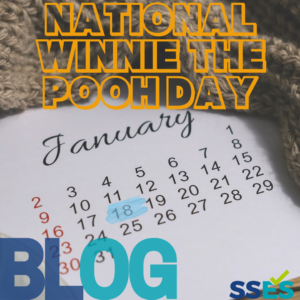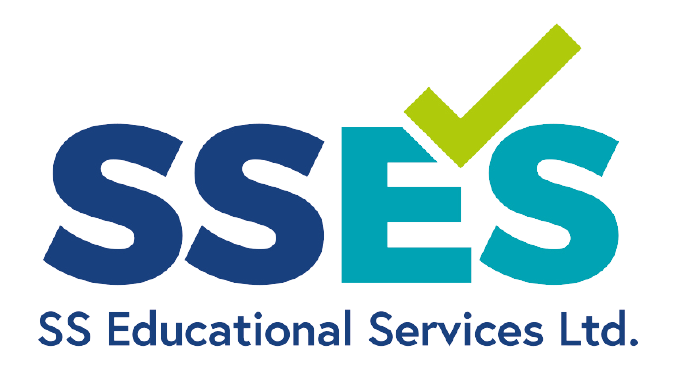It has been a while since I have written a child based post, and when we were looking at topics for this month for a blog post there didn’t seem to be too many. Unlike some months that have an abundance of celebration and recognition days, January is very limited for choice. However, when I saw the 18th January was Winnie-the-Pooh day, how could we not what want to acknowledge it.
A. A. Milne wrote the 4 books, ‘Winnie-the-Pooh’, ‘The House at Pooh Corner’, ‘When we were Very Young’ and ‘Now we are Six’, and these are stories children have grown up with four generations.
When I write these posts, I usually like to connect aspects to all 7 areas of learning and development, both the prime and specific. And I could suggest activities to meet all these areas for holistic development. However, for me personally, Winnie-the-Pooh is all about Personal, Social and Emotional Development.
A tongue-in-cheek article back in 2000, written by Canadian researchers, seemed to suggest that Winnie-the-Pooh and his friends all had specific psychosocial problems. Although this was very obviously meant in good humour, and I doubt it was A.A. Milnes intentions to give each character a specific disorder, there is no doubt that each character has a very unique personality that we can all associate people we know with. But within the stories, the differences are immaterial and they are obviously fond of each other.
I think the characters created by the writer teaches the children so much about being different and accepting. Eyeore is a sad complex donkey and everyone still loves him. Tigger’s energy matches that of some children in early years where they are on the go from morning to night. But it is seen as endearing and exciting, how positive for children with any form of hyperactivity. And so on with each character.
The Personal, Social and Emotional Learning Development states ‘…..Children’s PSED is crucial for children to lead healthy and happy lives, and is fundamental to their cognitive development…..’ With the Early Learning Goal being ‘Building Relationship: Children at the expected level of development will show sensitivity to their own and other’s needs.’
If you are completing an Early Years standard, please get in touch to find out how our sector-specific End Point Assessment Organisation can support you.
Suzanne


